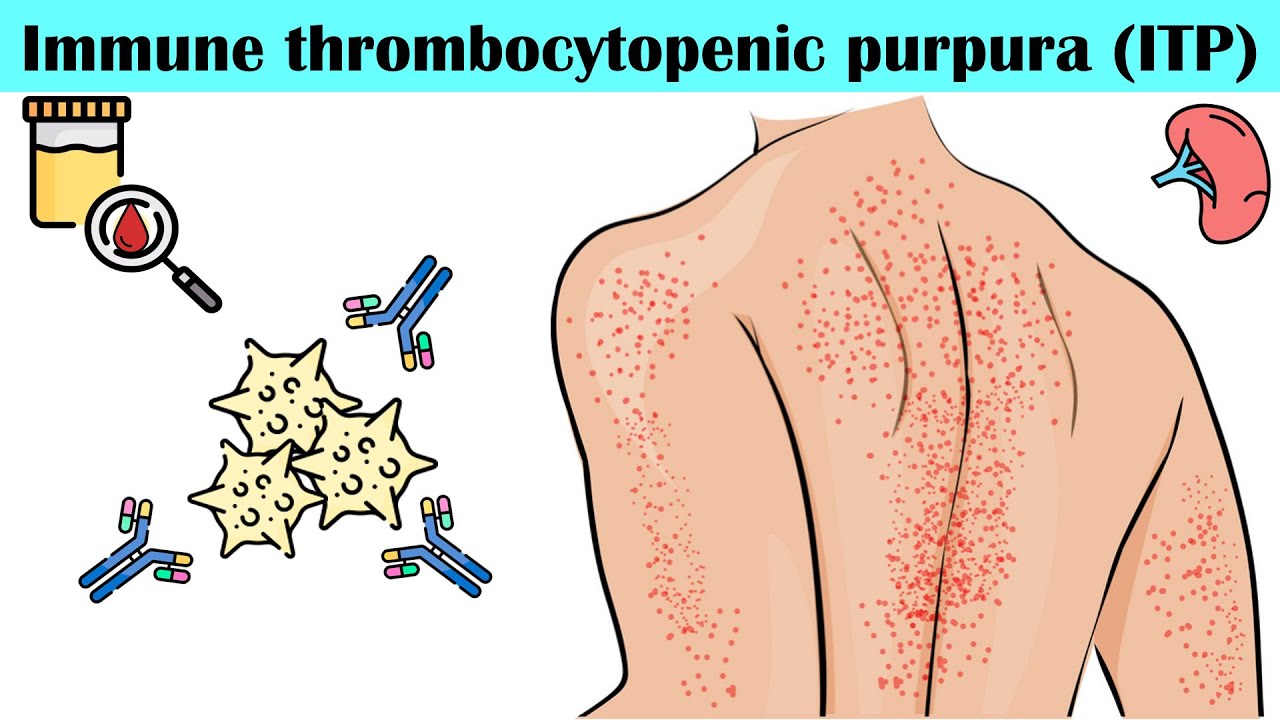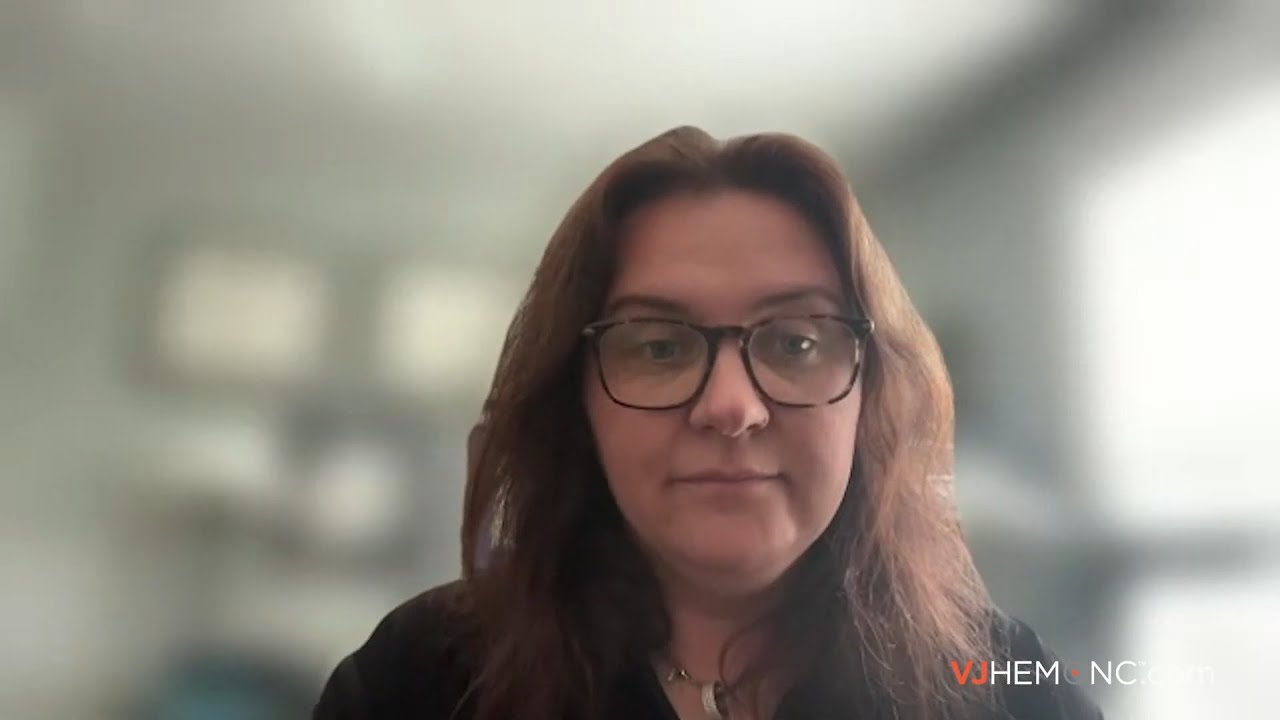The Allergy / Immunology Channel
June 1, 2011 • Allergy / Immunology, Hospitalist, Infectious Diseases, Internal Medicine, Oncology / Hematology, Pulmonary Medicine, Reuters Health • The Doctor's Channel Newscast
NEW YORK (Reuters Health) – The longitudinal decline in lung function seen in patients with common variable immunodeficiency and X-linked agammaglobulinemia is related to immunoglobulin replacement level and could help guide appropriate dosage, Australian researchers report in a May 5th on-line paper in the Journal of Allergy and Clinical Immunology.
“Our study,” Dr. Jo A. Douglass told Reuters Health by email, “looked at people who suffer from immune deficiency that meant that they were unable to produce antibodies… in their bloodstream that normally protect from infections.”
“In these people, chronic lung infection is a major cause of illness and reduced life expectancy. Treatment is replacement of the antibodies using intravenous immunoglobulin therapy.”
Dr. Douglass of Alfred Hospital and Monash University, Melbourne and colleagues examined lung function in 37 patients with primary immunoglobulin deficiencies receiving intravenous immunoglobulin over an average of 7.6 years “and showed that lung function declined in this group faster than would have been predicted from studies in healthy people.”
The average annual decline in lung function (FEV1) in healthy nonsmokers is about 18 mL per year. In the studied patients the decline was 45 mL per year.
However, an increased immunoglobulin dose per kilogram showed a significant inverse association with lung function decline. Although beyond therapeutic practicality, say the investigators, “This means that a 1 g per kg dose increase in intravenous immunoglobulin was associated in these patients with a reduction in the decline of FEV1 by 121 mL per year.”
As Dr. Douglass continued, “higher doses of intravenous immunoglobulin treatment was associated some protection from lung function decline.”
“Our study,” Dr. Douglass concluded, “suggests that doctors caring for patients with immune deficiency should monitor lung function as an indication of the adequacy of the dose of immunoglobulin replacement therapy rather than relying on blood levels of immunoglobulin.”
J Allergy Clin Immunol 2011.








